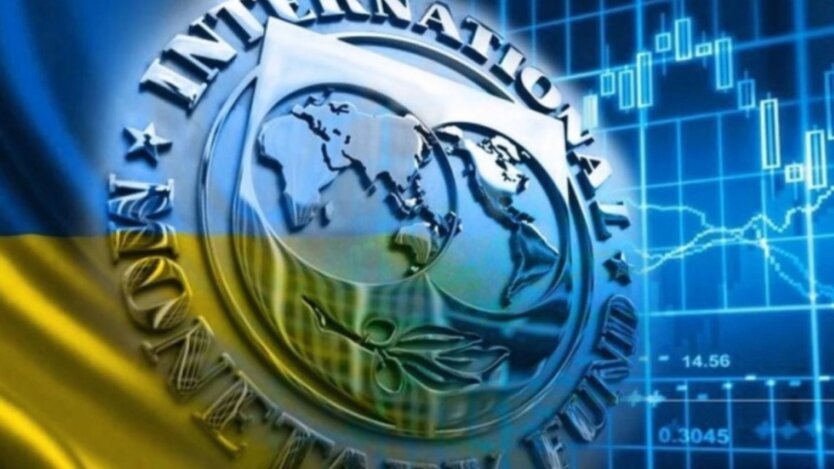What is conversion.

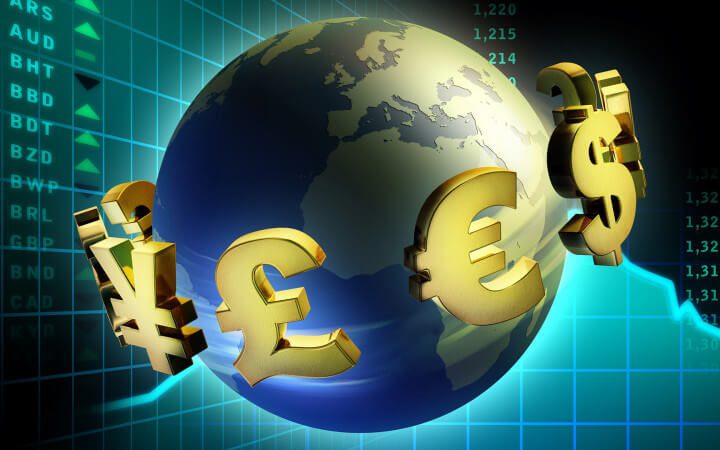
In the financial sector, there are many mechanisms that control different types of markets. All of them are useful and effective. For example, to trade in the international market, it is crucial to know what currency conversion is and how it works.
Also, what currency conversion is should be known by those investors who invest in cryptocurrency or foreign currencies. Moreover, understanding currency conversion is essential in the context of investing in general.
What is currency conversion?

Many people know what conversion is, especially citizens of those countries where tourism is developed or where foreigners often visit. In those cases, foreign currencies and currency conversion happen frequently. This concept should also be understood if traveling abroad.
Looking at the theory, conversion is a process of exchanging one currency for another at a fixed rate. In simple terms, it is an automatic currency exchange. In Ukraine, conversion is particularly relevant due to the dynamic currency exchange rates, changes in the economy, and international financial transactions.
Many people use conversion often without even knowing what it is. For example, when purchasing goods on international sites. In this case, the national currency is automatically converted into the currency of the website. In some cases, double conversion may occur. If the currency is quite unpopular, such as wons, and the order is placed through Korean websites. Usually, Ukrainian banks convert hryvnias to dollars, and then dollars to wons. This is how double conversion happens.
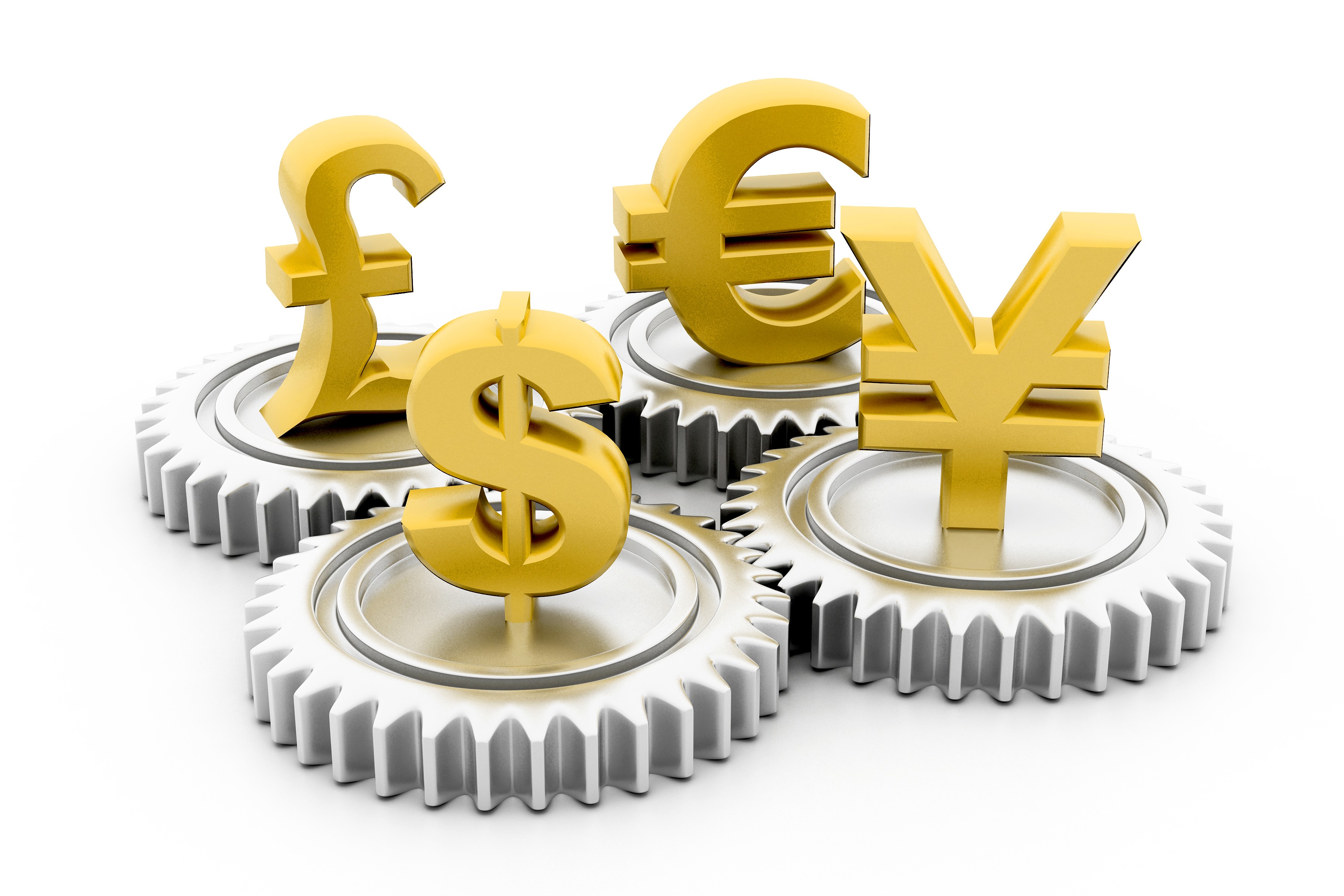
There are several types of conversion. The most popular ones are:
-
Cash conversion. This is a familiar operation for many people exchanging currency at a currency exchange point. A person exchanges one currency (for example, hryvnias) for another (dollars, euros, etc.) at a fixed rate. Such operations are performed quickly and require physical presence. In simple terms, it is a standard currency exchange. This can be done at an exchange office or in a bank. In Ukraine, there are many exchange offices and banks.
-
Non-cash conversion. Non-cash conversion occurs when exchanging currency on bank accounts. Clients can convert currency using online banking or banking apps. This type of exchange is convenient for international transfers and allows for quick transfers between accounts in different currencies. This type of conversion is also frequently utilized.
It is also necessary to consider the so-called international conversion. This type of conversion is related to foreign economic operations. Companies conducting international business regularly convert currency for payments for supplies, services, taxes, and other expenses. In this case, international bank transfers are used, and the rate is set based on global quotes.
The mechanism of conversion
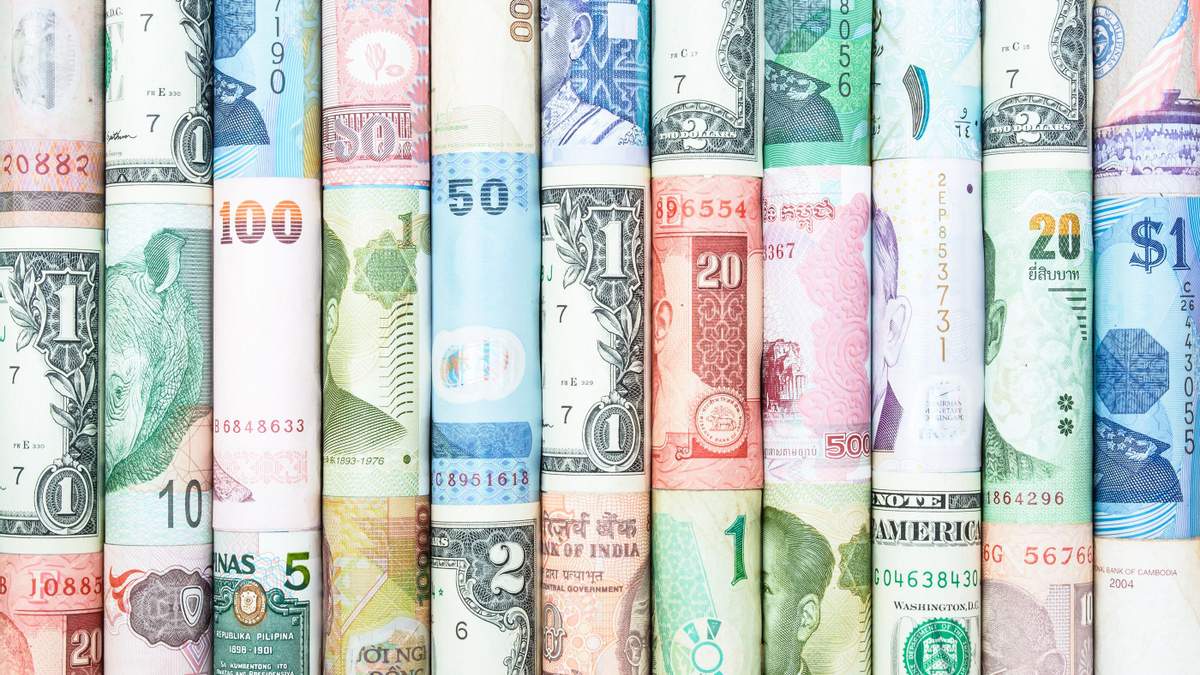
Currency conversion occurs quite frequently, thus having its understandable and well-established mechanism. Essentially, it is necessary to know two currency rates to quickly perform the conversion.
Three main participants are involved in the conversion:
-
First, there is the person who wants to exchange. They are also called the client.
-
Next, there needs to be a bank or organization that deals with the exchange. This can also be an exchange office.
-
International financial systems – systems that set rates and carry out transactions.
The conversion process is simple. First, the client selects the currency, then chooses the amount to exchange, and the bank executes this service. Such an organization (bank or exchange office) charges a fee.
How is the currency conversion rate determined?
In general, there are several types of currencies in Ukraine. There is the so-called official rate. The official rate is set by the National Bank of Ukraine (NBU) and serves as a guideline for all financial institutions. This rate affects many operations within the country, including interbank settlements and government payments. Thus, currency can only be exchanged at this rate in the bank.
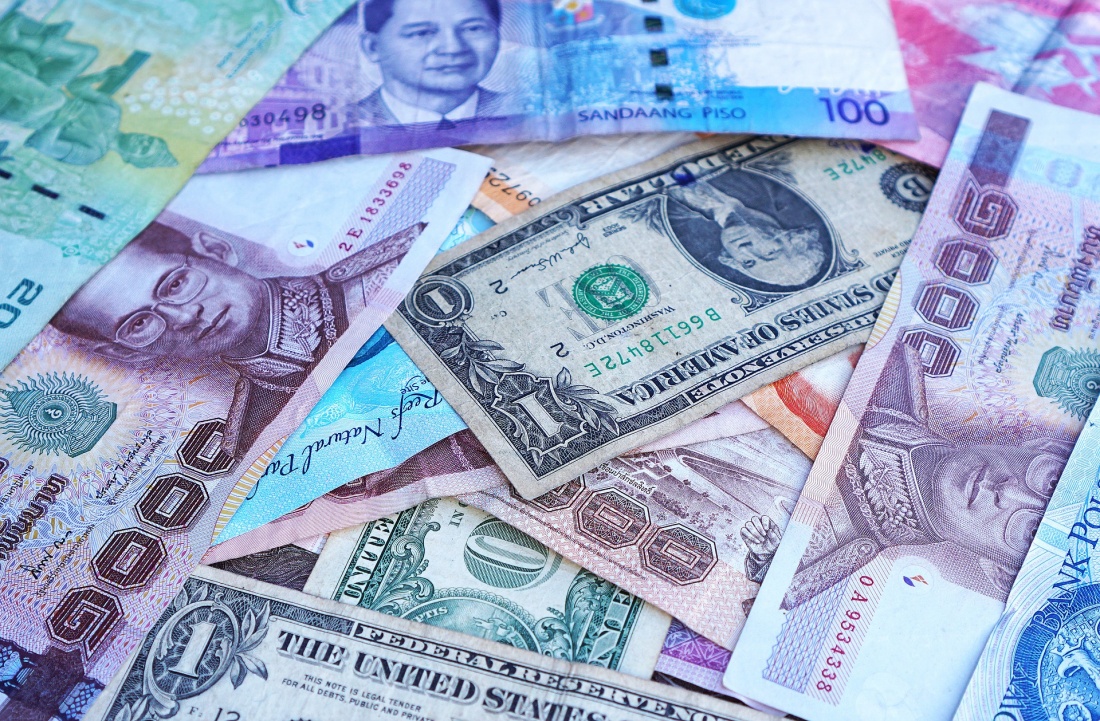
Separately, there is the commercial rate. The commercial rate is set by banks and exchange points. It usually differs from the official rate and depends on supply and demand in the market. In commercial exchange operations, specific rates might apply. Usually, such rates are used by exchange offices.
For completeness, it is also necessary to consider the black market rate. It arises when there are restrictions on currency exchange. Although this rate is unofficial, it reflects the actual value of currency in the market and is often higher than the official rate.
What can affect currency conversion?
In addition to the rate itself and the chosen currency, there are many factors that definitely influence conversion.
The factors that can be highlighted include:
-
The situation in the country (economic). The stability of the country's economy directly affects currency rates. During crises, the rate can fluctuate.
-
Inflation definitely affects currency rates and conversion. High inflation in the country can lead to devaluation of the national currency, increasing the conversion rate.
-
Interest rates can also influence the rate. A change in the national bank's rates alters the attractiveness of the currency for investors, which can reflect on the rate.
The political situation in the country and in the world influences the stability of a particular country. This, in turn, affects how conversion will occur.
One should not forget the impact of international factors. The global economy, including oil prices, raw materials, and relations with trade partners, also influences the rate.

Each country may have its own conditions that affect conversion. For example, one can evaluate this system in Ukraine. The floating rate of the hryvnia – the hryvnia's rate against the main currencies can significantly change depending on external and internal factors, requiring clients to keep constant monitoring. In Ukraine, currency rates can change several times a day, especially actively during the war.
There are also NBU restrictions in Ukraine. The National Bank sets limits on currency exchanges, which can affect the availability of conversion in challenging economic periods.
Read also
- China Fears Ukraine's Victory: Wang Yi Explained Why Beijing Cannot Allow Russia's Defeat
- Trump Wins: Congress Approves Budget Bill by Narrow Margin
- Foreign service will be considered for pension: Ukrainians were explained an important nuance
- Failures in 'Reserve+': how to avoid fines for military registration documents
- Zelensky summed up the meeting with EU leaders: Eurointegration, new sanctions, and defense cooperation
- IMF insists on radical reforms: what will happen to taxes and customs






